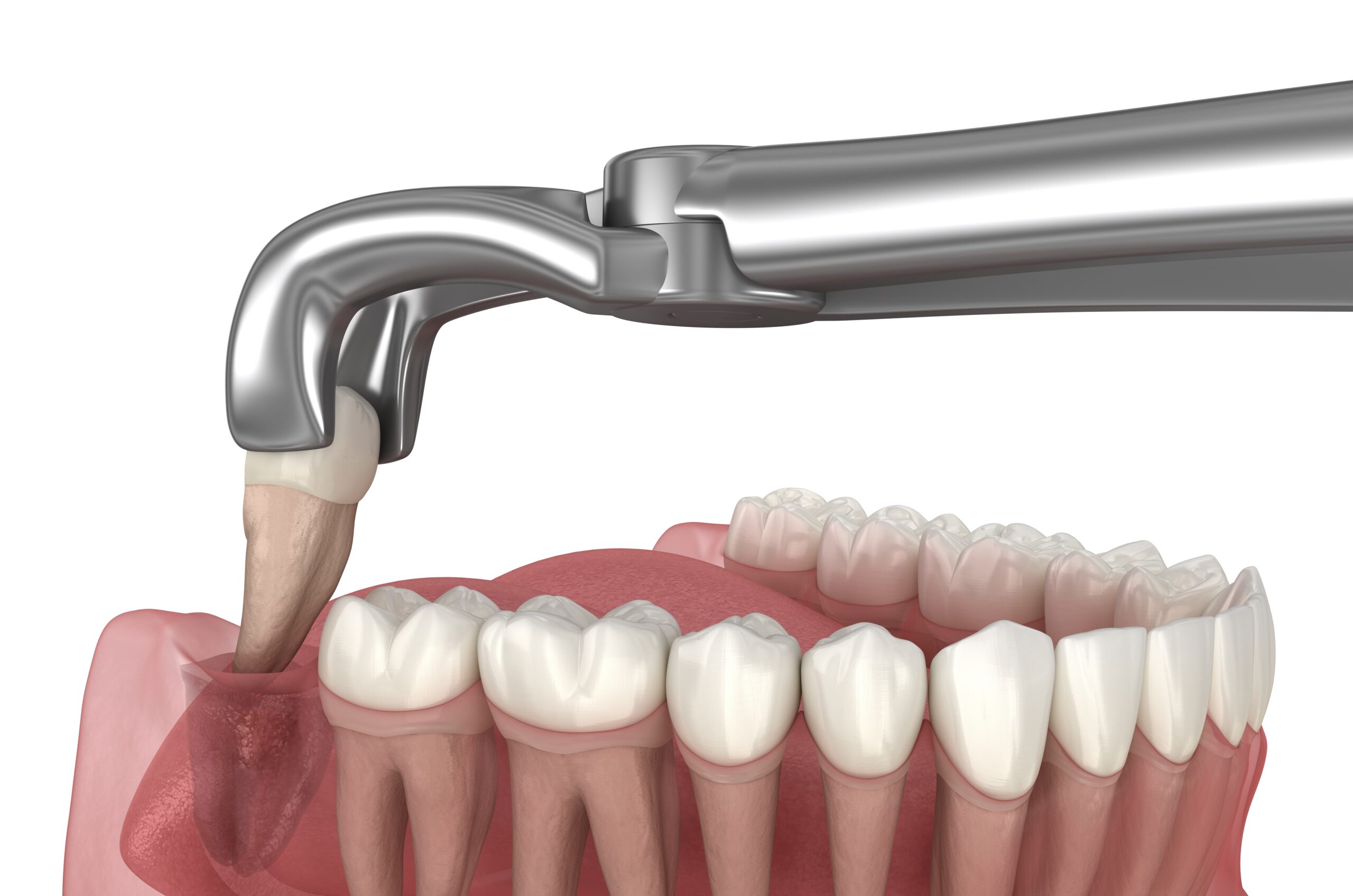Wisdom teeth, also known as third molars, are the last set of molars to emerge in the back of your mouth. These late bloomers typically make their appearance between the ages of 17 and 25, and they often bring a host of issues with them. While some lucky individuals may have perfectly aligned wisdom teeth that cause no trouble, many of us experience discomfort, pain, and dental problems as these teeth try to squeeze their way into an already crowded oral environment. This is where wisdom teeth extractions come into play. Below we’ll explore the ins and outs of wisdom teeth and the importance of extractions when necessary.
Understanding Wisdom Teeth
1. The Evolutionary Quirk
Wisdom teeth are often considered an evolutionary relic, a remnant of our ancestors who had larger jaws and needed these extra molars to grind down tough, raw plant materials. As human diets have evolved, our jaws have become smaller, leaving less space for these extra teeth.
2. Potential Problems
Wisdom teeth can cause various dental issues, including:
– Impaction: Wisdom teeth may not have enough space to emerge properly, leading to impaction, where they remain partially or fully trapped within the jawbone or gum tissue.
– Crowding: The late arrival of wisdom teeth can disrupt the alignment of existing teeth, causing crowding and misalignment.
– Infections and Cysts: Wisdom teeth can create pockets where food particles and bacteria accumulate, leading to infections and cyst formation.
Wisdom Teeth Extractions
1. Assessment
Your dentist or oral surgeon will evaluate the condition of your wisdom teeth through X-rays and a physical examination. They will determine if extraction is necessary and discuss the best course of action.
2. Procedure
– Wisdom tooth extraction is a common oral surgery performed under local anesthesia, sedation, or general anesthesia, depending on the complexity of the case.
– The dentist or oral surgeon makes an incision in the gum tissue, removes the wisdom tooth, and stitches the incision closed if needed.
3. Recovery
– Recovery typically takes a few days to a week. Patients may experience swelling, pain, and bruising, but these symptoms are manageable with pain medication and rest.
– Following post-operative care instructions is crucial to prevent complications and promote healing.
The Benefits of Wisdom Tooth Extractions
1. Pain Relief: Removing problematic wisdom teeth can alleviate pain and discomfort caused by impaction or crowding.
2. Preventing Dental Problems: Extraction can prevent potential dental issues like infections, cysts, and misalignment.
3. Improved Oral Health: A successful extraction can contribute to better overall oral health by preventing complications and preserving the alignment of existing teeth.
Wisdom teeth and their extractions are a common dental experience for many individuals. While not everyone will need to have their wisdom teeth removed, it’s essential to consult with your dentist for a thorough evaluation. Early detection of potential issues can lead to more straightforward and less painful extractions, if necessary. Don’t wait until wisdom teeth problems become unbearable; seek professional advice to maintain a healthy and comfortable smile. At Pascack Dental Arts, our team is here to guide you through the process and provide you with the best possible care for your oral health.





Leave a Reply